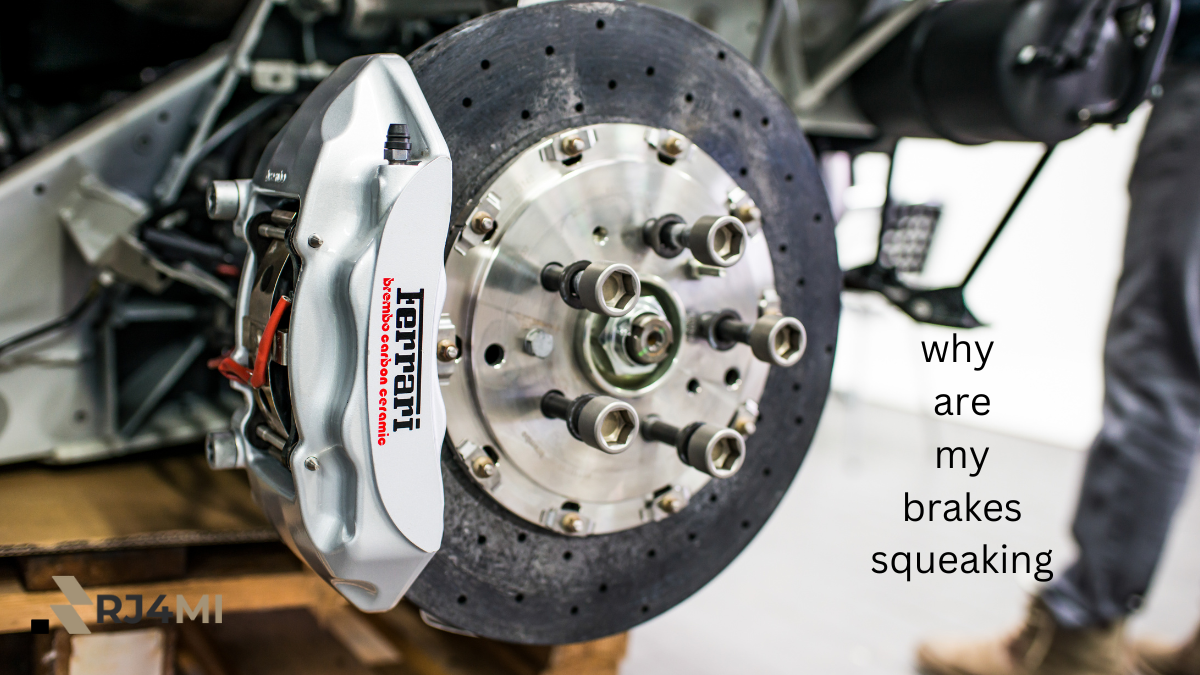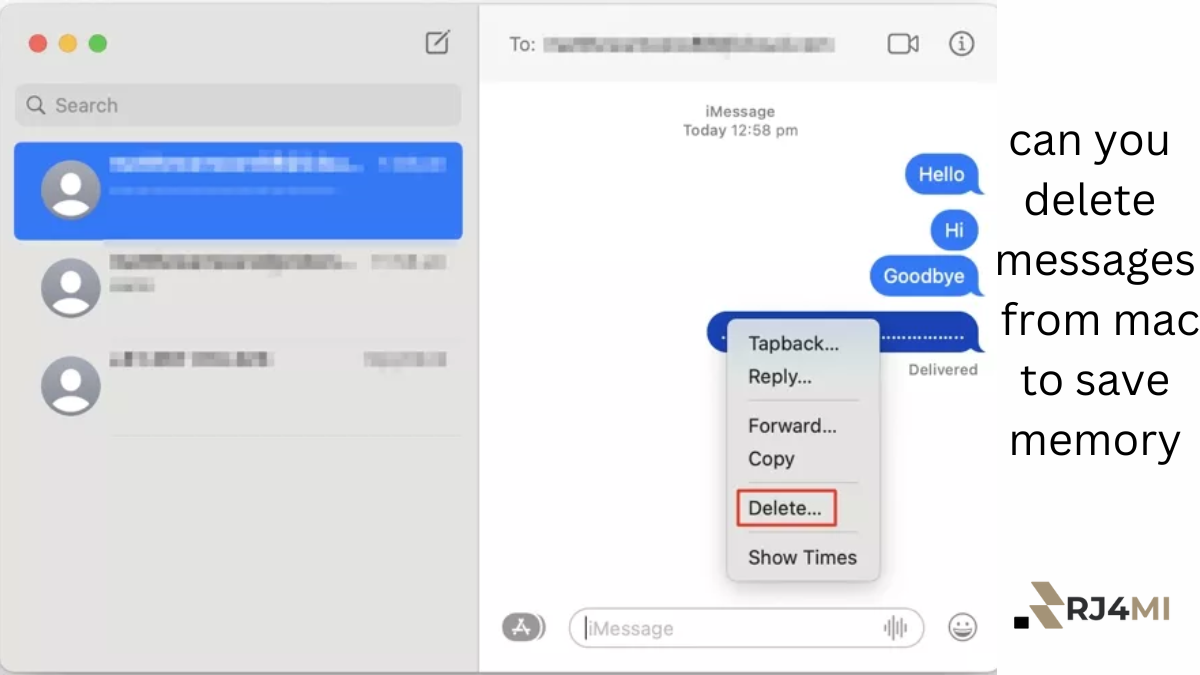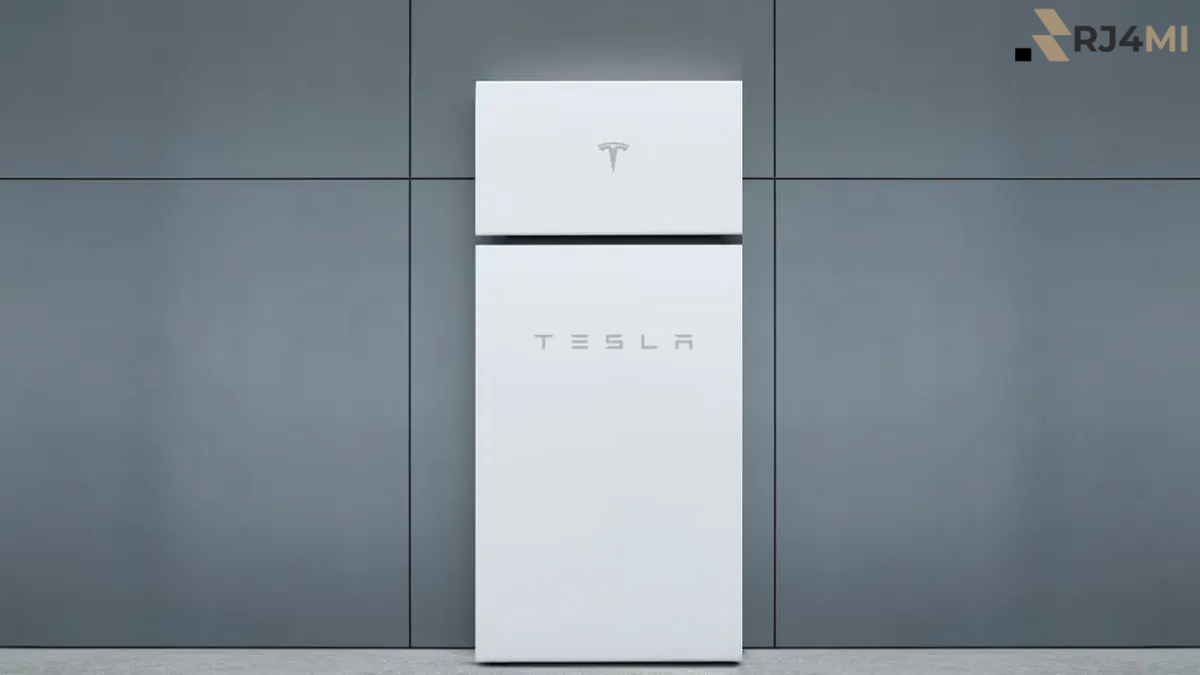Table of Contents
If you’re wondering, Why are my brakes squeaking? You’re not alone. Hearing a squeak every time you press the brakes can be annoying—and even concerning. Your brakes are one of the most critical safety systems in your car. When they make noise, it’s often a sign that something isn’t right. To help keep your vehicle safe and running smoothly, let’s look at the common causes of squeaky brakes and simple solutions that can help.
Common Causes of Squeaky Brakes
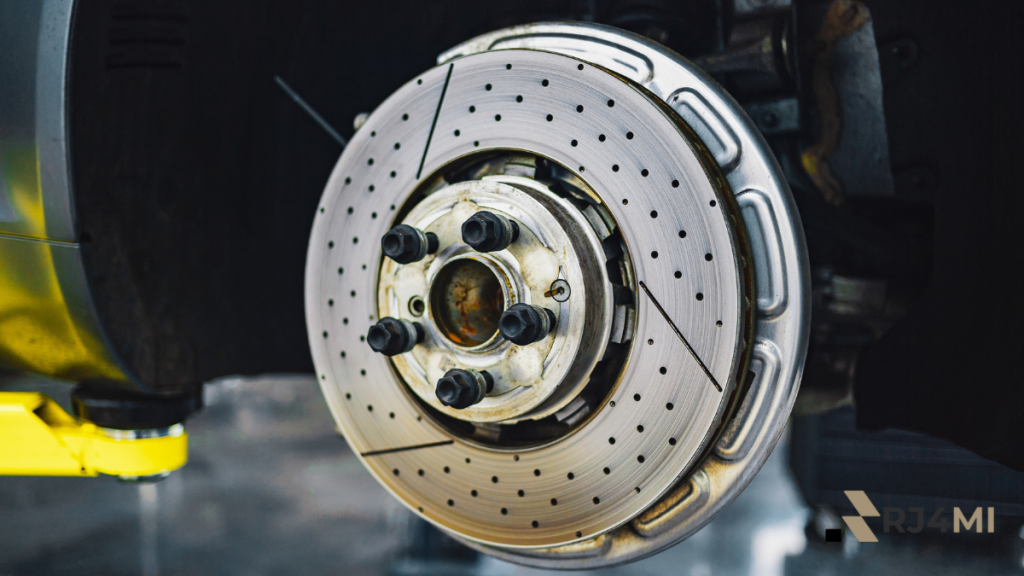
There are several reasons why brakes might squeak, each with unique causes and solutions. Knowing these can save you time and money and, more importantly, ensure your vehicle’s safety.
Worn Brake Pads
Worn-out brake pads are one of the most common reasons why brakes squeak. Brake pads are designed to wear down over time, but they make noise when they become too thin. This squeak happens because the metal indicator in the brake pad scrapes against the rotor, letting you know it’s time for a replacement. If ignored, worn brake pads can reduce braking power, putting you and your passengers at risk. Replacing brake pads is an effective solution to eliminate the squeak and keep your brakes working well.
Brake Dust Buildup
Brake dust can also cause brakes to squeak. Dust forms as the brake pads wear down, mixing with debris from the road and sticking to brake parts. Over time, this buildup can make brakes noisy, especially after driving in areas with dust or dirt. Cleaning the brakes regularly can help remove this dust and reduce the chance of squeaking. While it may seem simple, keeping brake components clean can make a big difference in performance.
Moisture and Temperature Effects
Changes in weather, especially moisture and cold, can cause brakes to make noise. When it rains or the temperature drops, a thin layer of rust can form on the brake rotors, making the brakes squeak the first few times you use them. This squeaking usually stops after a few minutes of driving as the rust layer wears off. However, if the noise continues, it could signal a different problem needing attention.
Lack of Lubrication
Your brakes need lubrication to work smoothly. Sometimes, parts of the brake system, such as the back of the brake pads, calipers, or pins, can dry out and create friction, causing that squeaking sound. Applying brake-specific lubricants to these areas often eliminates the noise. However, avoid using too much lubricant, which can interfere with brake performance. Proper lubrication can make a big difference and help maintain smooth, quiet braking.
Solutions to Stop Squeaky Brakes
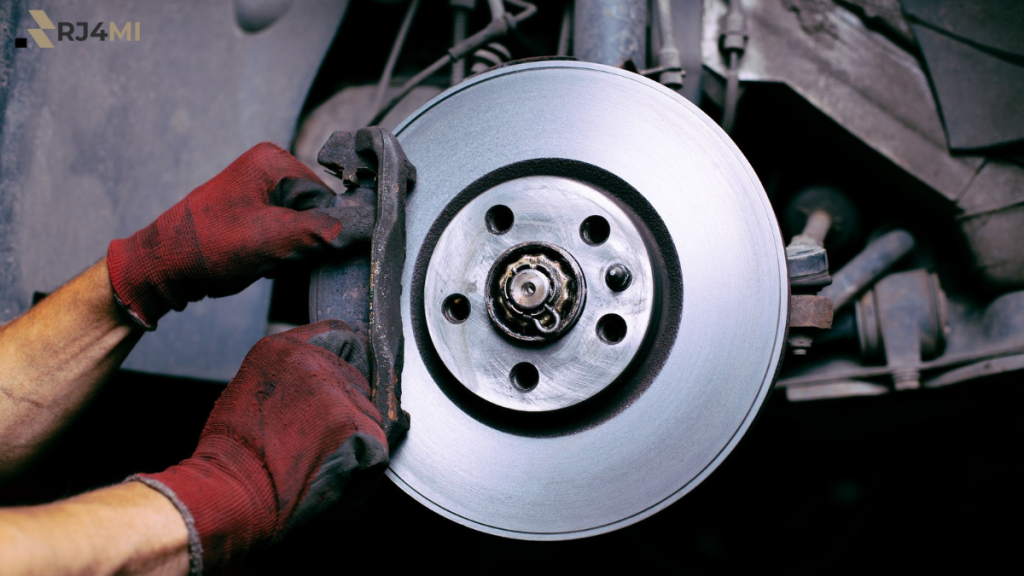
If you’re dealing with squeaky brakes, here are some practical steps to help fix the issue.
Replace Worn Brake Pads
If the squeak is caused by worn brake pads, replacing them is the best solution. When choosing new brake pads, consider quality options, as they last longer and often perform better. If you’re unsure how to replace brake pads, a mechanic can do it quickly and ensure everything is fitted correctly.
Clean Brake Components Regularly
Clean your brakes regularly to avoid brake dust buildup. Using a simple brake cleaner or even water to rinse off the dust can go a long way in preventing squeaks. Keeping the brake area free from dust and debris improves performance and quietens your driving experience.
Apply Brake Lubricant
If dryness causes a squeak, applying brake lubricant can solve the problem. Make sure to use a brake-specific lubricant as it’s designed to withstand the high temperatures and pressure brakes undergo. This can help keep your brakes quiet and working smoothly.
Warm Up the Brakes
If you notice squeaking during colder weather or after rain, drive the car for a few minutes to warm up the brakes. This simple action removes any surface moisture or light rust, stopping the squeak. However, if the noise doesn’t go away, it’s best to get the brakes checked.
When to Seek Professional Help
While solving minor brake noises independently is possible, specific issues require professional attention. If you’ve tried the above solutions and your brakes are still squeaking, visiting a mechanic is wise. Persistent squeaks can indicate a more severe problem, such as damage to the rotors or brake calipers. A trained mechanic can accurately diagnose and fix any more profound issues, ensuring your brakes work effectively and keeping your vehicle safe.
Also read: Why Are My Brakes Squeaking? Common Causes and Solutions.
When it comes to keeping your vehicle safe, brakes play a vital role. Suppose you’ve been asking, Why are my brakes squeaking? You know the common causes and solutions to stop the noise. From worn-out brake pads to dust buildup, there are several reasons why brakes make noise—and most of them are easy to fix. Addressing brake squeaks early can help avoid expensive repairs and keep your car running smoothly. So, if your brakes start to squeak, consider these solutions, and don’t hesitate to seek professional help if needed.

